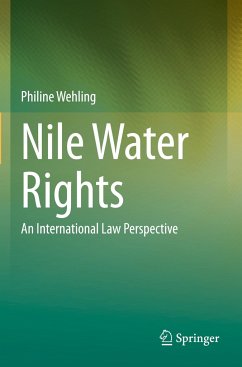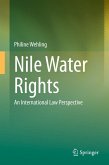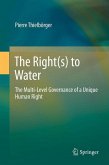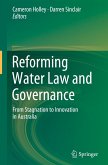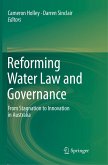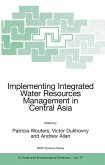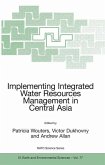The book provides a comprehensive assessment of the law governing the use and management of the Nile and considers, more broadly, how international water law can guide the development of a legal and institutional framework for cooperation over shared freshwater resources. It defines the current state of international water law and discusses the content of the United Nations Convention on the Law of the Non-Navigational Uses of International Watercourses. On this basis, it assesses the Nile water treaties and the 2010 Cooperative Framework Agreement for the Nile, and examines their compliance with international law, with a specific focus on the legal consequences of South Sudan's secession from Sudan. Moreover, the book recommends important amendments to the 2010 Agreement. Building on these recommendations, it addresses the implementation of the principle of equitable and reasonable use regarding the Nile, illustrating the extent to which the principle can provide a conceptual framework for regulating water use. The book is a valuable resource for academics and practitioners alike as it combines legal assessment with a discussion of how international water law principles can be implemented in practice.
Bitte wählen Sie Ihr Anliegen aus.
Rechnungen
Retourenschein anfordern
Bestellstatus
Storno

